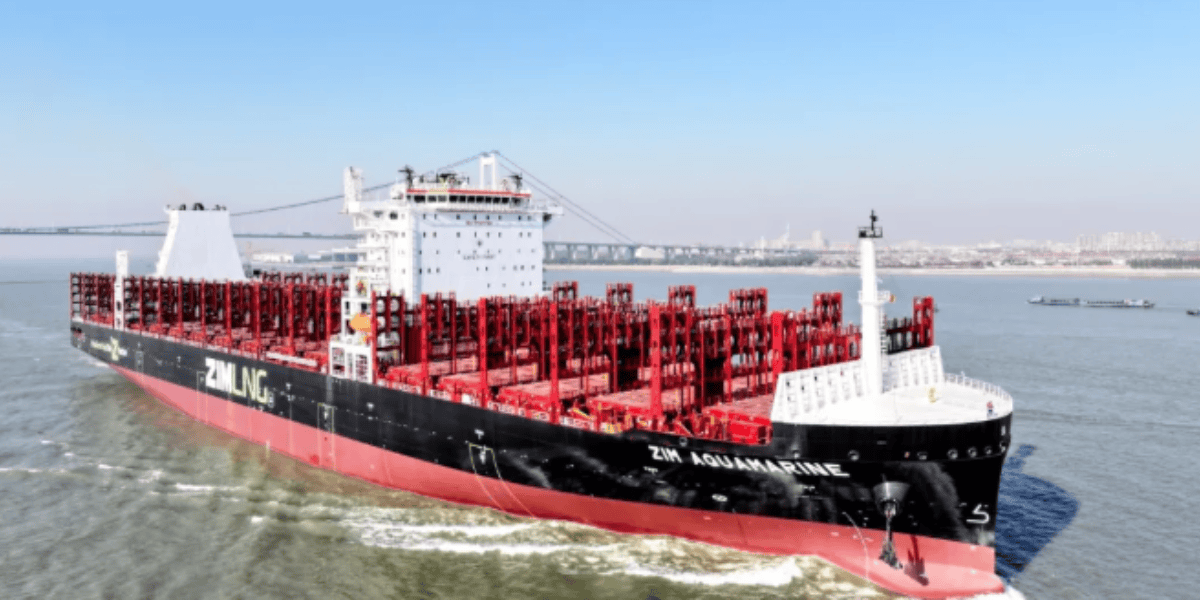Hong Kong Advances Green Shipping with First LNG Bunkering
Hong Kong's Historic Ship-to-Ship Transfer Operation

On February 14, 2023, Hong Kong achieved a significant milestone in maritime operations. The region successfully conducted its first ship-to-ship transfer operation. This event not only highlights Hong Kong’s strategic position in global shipping but also showcases its commitment to enhancing maritime services. The operation involved transferring cargo between two vessels while at sea, a complex process that requires precise coordination and skilled personnel.
This operation is a testament to Hong Kong’s robust maritime infrastructure and its ability to adapt to the evolving needs of the shipping industry. As global trade continues to grow, efficient cargo transfer methods become increasingly important. Ship-to-ship transfers can reduce congestion in busy ports and streamline the supply chain. This operation positions Hong Kong as a key player in the maritime sector, capable of handling diverse shipping needs.
Significance of Ship-to-Ship Transfers
Ship-to-ship transfer operations are essential for modern shipping. They allow vessels to exchange cargo without docking at a port. This method saves time and reduces costs. It is particularly useful for large vessels that may not fit into smaller ports. By conducting these transfers at sea, shipping companies can optimize their routes and improve efficiency.
Hong Kong’s successful operation demonstrates its readiness to embrace innovative shipping practices. The region has long been a hub for maritime activities, and this new capability enhances its reputation. It also opens doors for more international shipping companies to consider Hong Kong as a preferred location for operations.
Moreover, ship-to-ship transfers can help alleviate port congestion. As global trade increases, ports often face delays due to high traffic. By transferring cargo at sea, ships can continue their journeys without waiting for a berth. This efficiency is crucial for maintaining the flow of goods in a fast-paced global economy.
